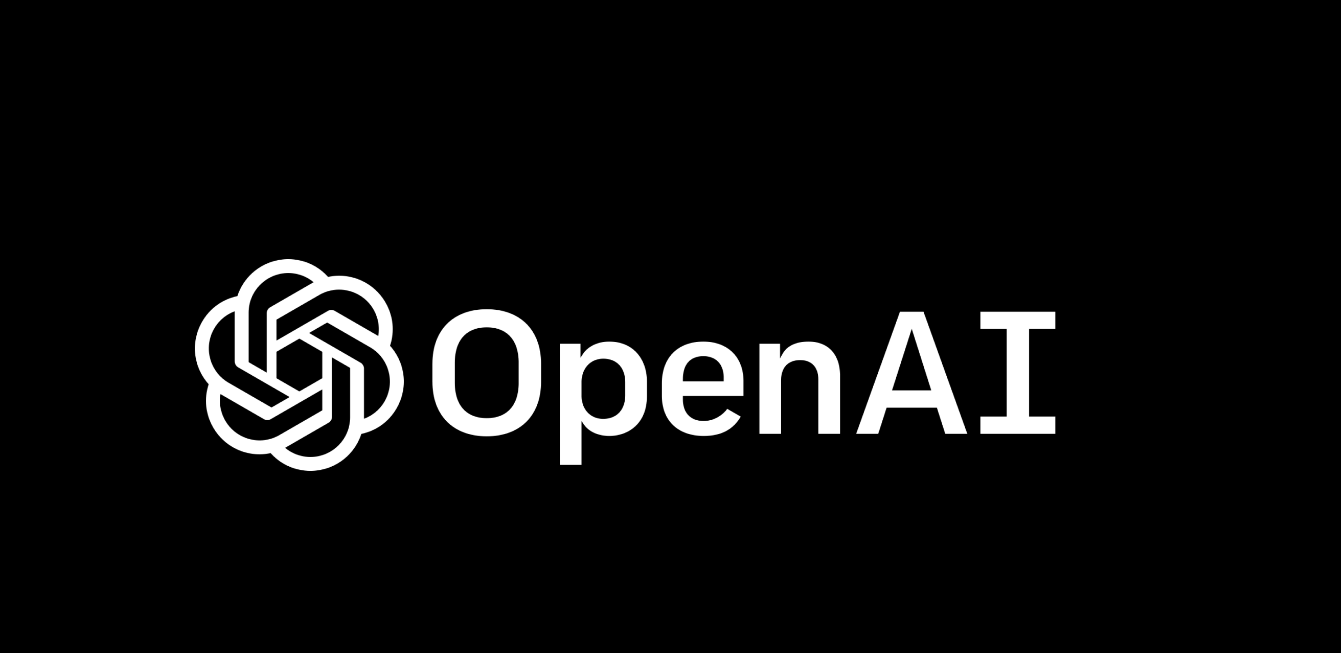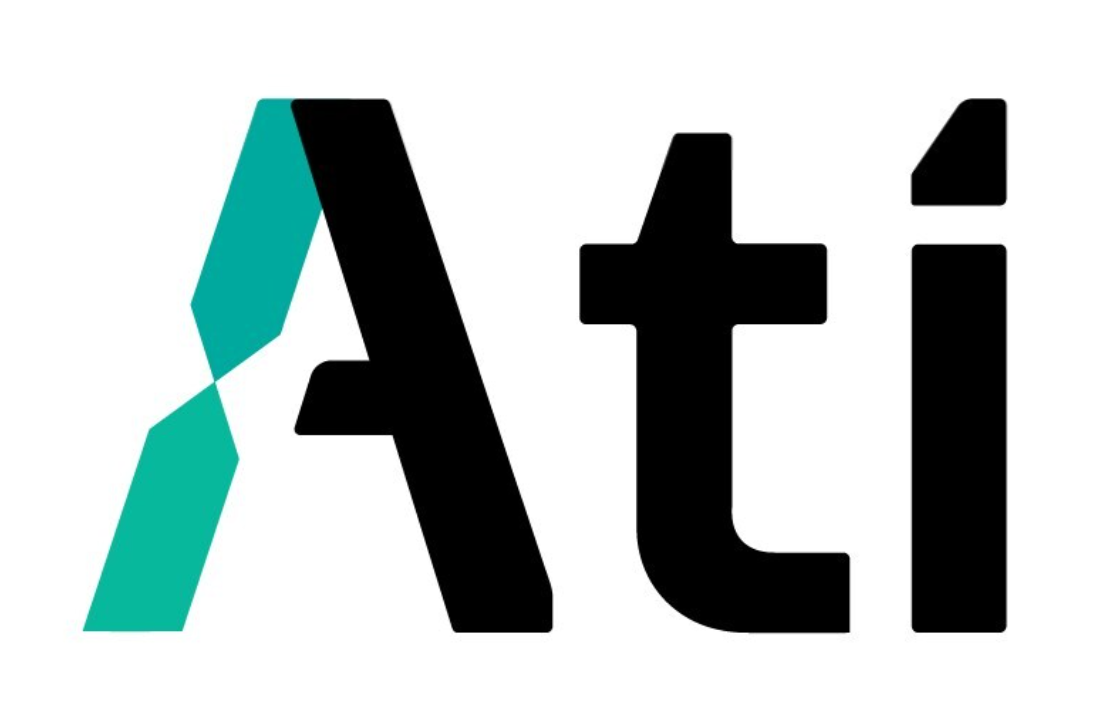In an interview at the WSJ Journal House in Davos, OpenAI’s Chief Product Officer Kevin Weil provided a deep dive into the future of artificial intelligence (AI). With bold plans for infrastructure, product innovation and regulatory collaboration, Weil shared a vision as expansive as it is ambitious.
The first topic on the table was Stargate, a $500 billion AI infrastructure project backed by OpenAI, Oracle, SoftBank, and endorsed by former President Trump.
“Everything we see shows that more compute leads to better models,” Weil explained. “Better models allow us to solve problems at a scale we couldn’t imagine before.”
Weil also elaborated on OpenAI’s upcoming models, including GPT-03.
“Models are getting cheaper, smarter, faster, and safer,” he noted. “The cost of using AI has dropped by 99% in two years, and the capabilities have grown exponentially. With GPT-03, we’ve made leaps in reasoning that GPT-4 could only scratch the surface of.”
The development of AI agents emerged as another transformative element in OpenAI’s 2025 roadmap.
“By next year, ChatGPT won’t just answer questions — it will take actions on your behalf,” Weil revealed. He painted a vivid picture of AI helping users with mundane tasks: “Why can’t AI fill out my kid’s soccer form or book a flight? These are the types of real-world problems we’re aiming to solve.”
Weil also underscored the importance of control and safety in agent development.
“Models will still make mistakes, and when they take actions, those mistakes carry more weight. We’re focused on giving users control — allowing AI to prepare tasks but leaving critical decisions to the user.”
On regulation, Weil struck a pragmatic tone.
“AI already respects existing rules in industries like healthcare and law. But we must balance innovation with oversight. If we hamstring ourselves with fragmented regulations, we lose the AI race, and the consequences of that are immense.”
Weil’s optimism extended to the future societal impacts of AI.
“People adapt. Automobiles, electricity, the internet — all faced resistance but transformed our world for the better. AI will do the same,” he affirmed. For Weil, AI’s trajectory is clear: “We’re giving people time back to focus on what really matters.”
With AI advancing at breakneck speed, OpenAI’s vision for the next decade combines innovation, responsibility, and a belief in humanity’s capacity to thrive alongside transformative technology.






